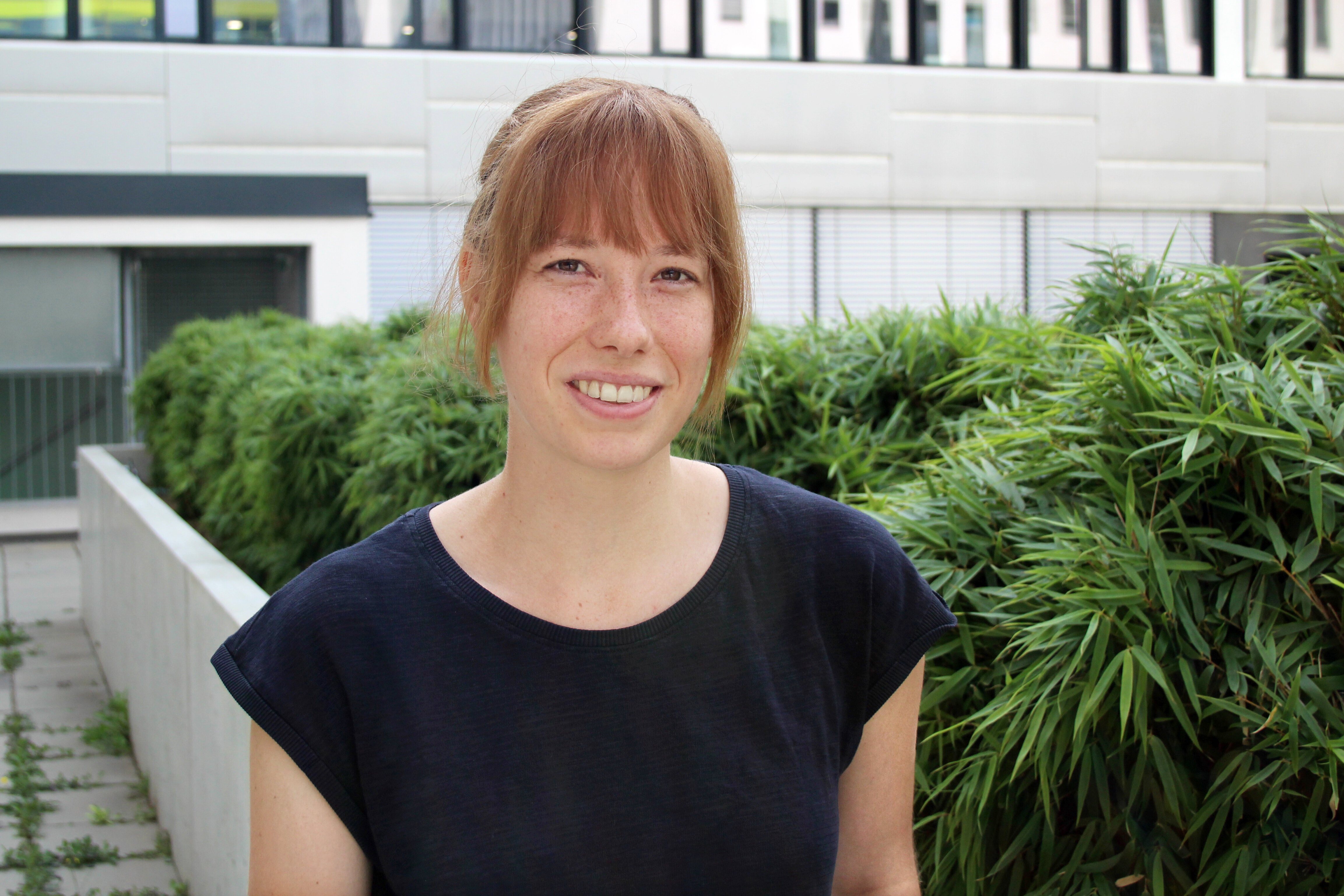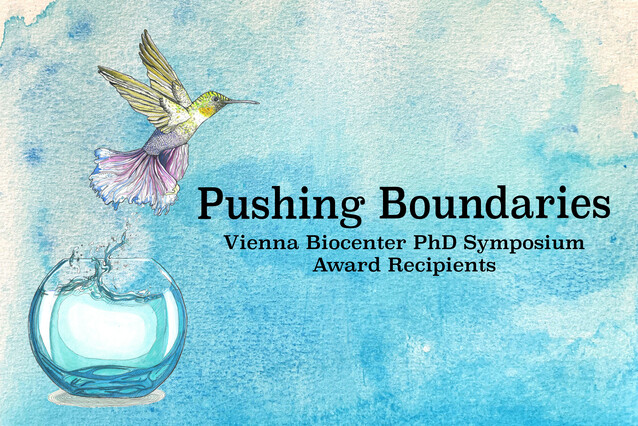Vienna BioCenter PhD Awards 2022
Five students at the Vienna BioCenter were recognised for their outstanding doctoral research during this year’s Vienna BioCenter PhD Symposium. From molecular machines and chromatin biology to transcription, neuroscience, and developmental biology, the awardees’ work covered a broad spectrum of fields in the life sciences.
PhD students at the Vienna BioCenter form a tight-knit community and organise the Vienna BioCenter PhD Symposium every year, which gathers molecular life scientists from across the globe to share the latest developments in the field. During this event, several students receive awards for their excellent work.
The best PhD theses from the program defended that year are recognized with the Vienna BioCenter PhD Awards. Five students received the award this year.

Jiri Wald, from the lab of Thomas Marlovits, formerly at the IMP and IMBA, worked to reveal the architecture, functional cycle, and the mechanism of a molecular motor that interacts with DNA. In his thesis, he showed how the RuvAB branch migration complex, a grouping of proteins, converts chemical energy into mechanical work to allow the recombination and repair of DNA.
"I came to the Vienna BioCenter upon the recommendation of Professor Peter Sebo from the Czech Academy of Sciences, whom I met in Prag at a conference. He told me the Vienna BioCenter PhD program was excellent, but very competitive. I'm glad I listened to his advice and gave it a shot," Jiri Wald says.
The fundamental discoveries were published in the journal Nature this August. After eight years of doctoral research – which included his wedding and the birth of his twins – Jiri Wald is now a postdoc at the University Medical Centre Hamburg-Eppendorf in Germany.
"My project has changed quite a bit from the initial plan, in an unexpected direction, the AAA+ ATPase field. In retrospect, I'm happy it took this direction. I learned so much!" he says.

Jessica Stock, recent PhD graduate from the lab of Andrea Pauli at the IMP, investigated the early development of zebrafish embryos. She described a novel mechanism that explains how a single receptor can both generate and sense the concentration gradient of a molecular signal to steer cell migration during gastrulation.
"The beauty about self-generated gradients is that they are much simpler, more robust, and adjustable to different biological environments than traditional chemokine gradients are," she explains.
She and her co-authors recently published their results in Science Advances. Jessica was also the recipient of the Christine Beattie Award in 2021 for her exceptional work in zebrafish biology. Jessica will soon begin her postdoc at the Marine Biological Laboratory in Woods Hole in the United States, where she will switch model organisms to work with cephalopods.
The other three recipients of the award were Maximilian Schneider from the lab of Daniel Gerlich at IMBA, Michael Schon from the lab of Michael Nodine formerly at GMI, and Sean Montgomery from the lab of Fred Berger at GMI.
Further reading
